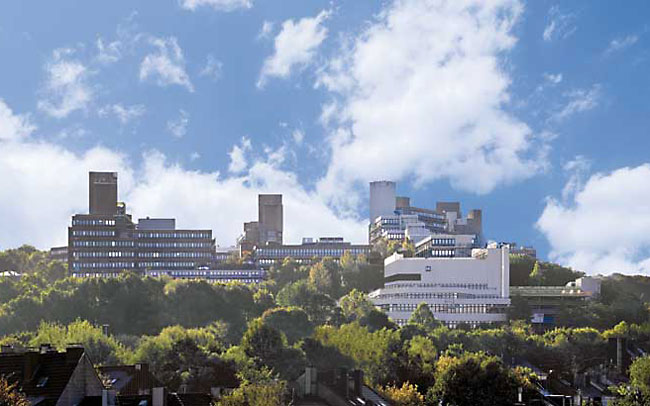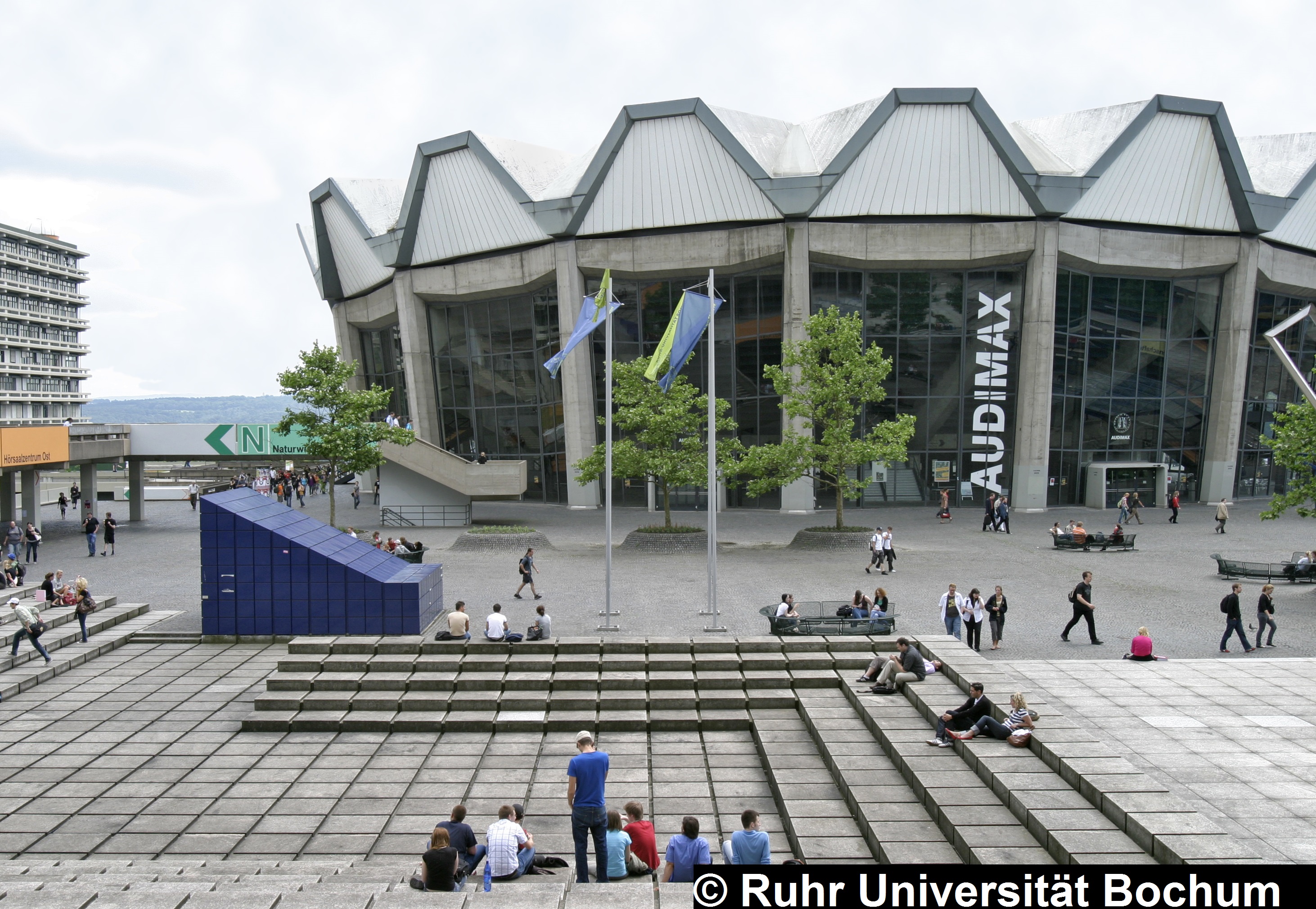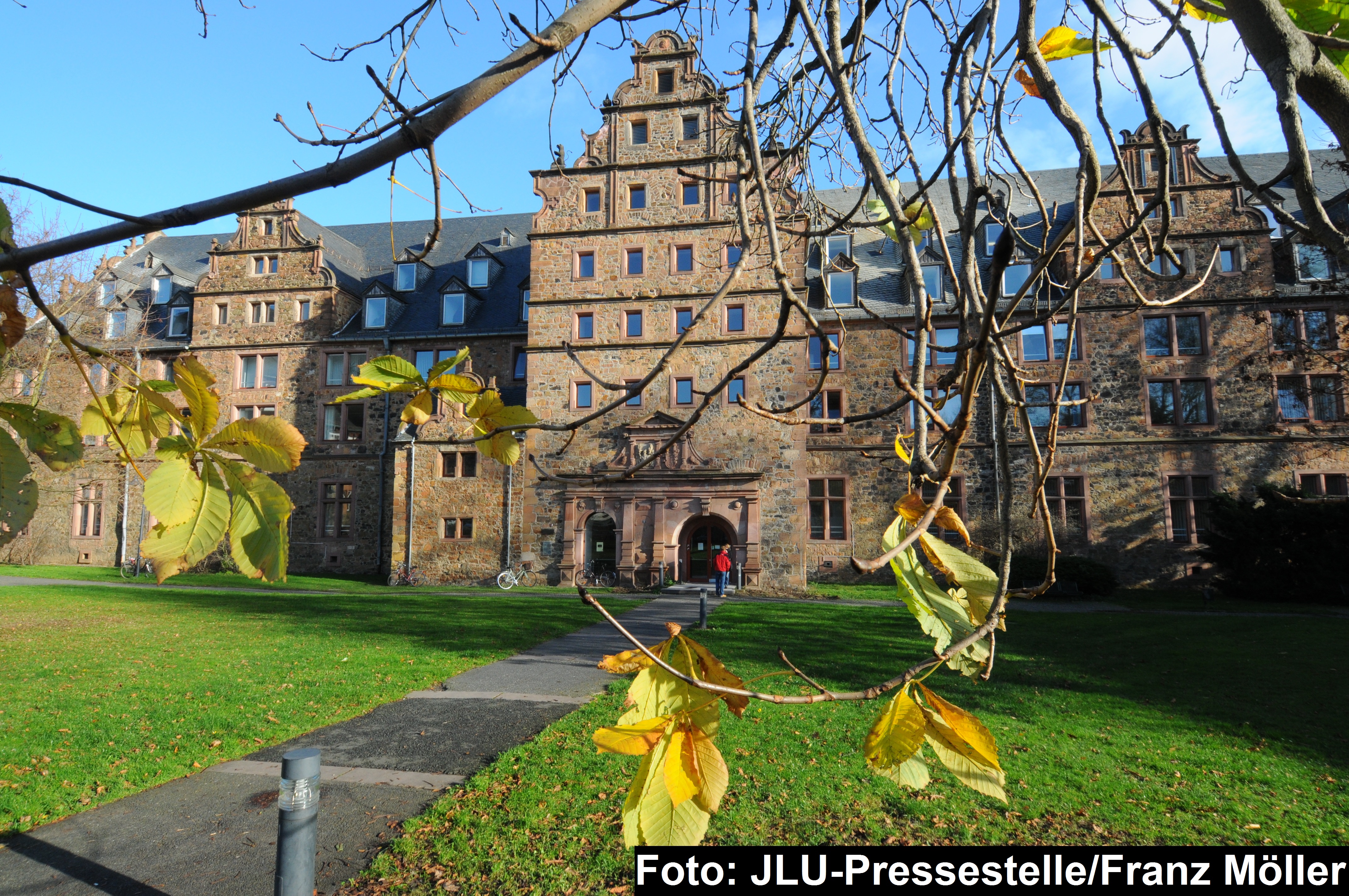
|

|

|
| Bergische Universität Wuppertal | Ruhr-Universität Bochum | Justus-Liebig-Universität Gießen |
|
Center of Excellence for Applications of Mathematics
- Financed by the German Federal Foreign Office - |
| Home | Stability Pact | Academic Reconstruction | Center of Excellence | Partners | Activities | Publications |
|
Center of Excellence for Applications of Mathematics The project "Center of Excellence for Applications of Mathematics" is one of the currently 15 projects funded by the DAAD program "Academic Reconstruction of South Eastern Europe. The project work concentrates on establishing a "Centre of Excellence for Applications of Mathematics" to act as a strong beacon in the field of applied mathematics in the region. First steps into this direction were made at the University of Novi Sad. Under the lead coordination of the Bulgarian Academy of Sciences in Sofia and the University of Duisburg-Essen, a joint regional study and research network has been created with partners in Blagoevgrad, Chisinau, Cluj-Napoca, Dubrovnik, Niš, Novi Sad, Osijek, Plovdiv, Podgorica, Priština, Skopje, Sarajevo and Zagreb whose roots network actually extend as far back as into the 1930s, namely to the "Union of Balkan Mathematicians" The founding of the new "Mathematical Society of South-Eastern Europe" (MASSEE) in Borovets (Bulgaria) in 2003 involved the decisive contribution by several project participants. This society will continue to be decisively borne by the members of the DAAD project. Regional intensive courses will particularly promote those sections of mathematics and mathematical computing that are used in engineering and information technology. A lively exchange of scientists and researchers has above all developed between Macedonia, Serbia and Bulgaria, while recent years have also seen other countries from the region integrated as members. The special programme on Functional Integration has made it possible to invite excellent scientists and researchers – who originally came from the South Eastern European region and who have now established themselves in German academia and science – to complete longer stays at their original universities and so reintegrate these into the region by means of functional tasks and responsibilities. Some South Eastern European scientists and researchers have also been offered opportunities to visit Germany to gain insights into the science and research structures established there. |